The Prettiest Girl
The prettiest girl may want to die,
the ugliest one may not.
Let go of your assumptions,
forget what you’ve been taught.
You’ll never touch her insides,
you’ll never know her place.
Fuck you for even judging
the measure of her face.
We navigate the vastness of human perception, delving into the essence behind the visage. The poem shared speaks to the profundity of existence beyond the superficial, challenging the preconceived notions that often tether us to mere appearances. It invokes a sense of rebellion against the societal metrics of beauty and the judgement that comes with it.
Beauty Beyond Measure
The poem touches on the contrast between external beauty and internal struggle. It suggests that the “prettiest girl” might harbor a desire to escape her life, while the one deemed less attractive by societal standards may cling to it with more fervor. This dichotomy serves as a powerful reminder that the surfaces we perceive rarely reflect the entire truth of one’s experience.
Challenging Assumptions
The call to “let go of assumptions” and to “forget what you’ve been taught” is a stark awakening to abandon the ingrained prejudices that dictate our understanding of beauty and worth. It asks us to unlearn the harmful biases and to recognize that the measure of a person’s face should never dictate their value or our understanding of their inner world.
Inaccessible Depths
The acknowledgment that one will “never touch her insides” nor “know her place” is a profound acceptance of the limits of our perception. It implies that the true essence of a person remains untouched by external judgments and that the core of their being is sacred and sovereign.
Rejection of Judgment
The closing lines serve as a fierce repudiation of the audacity to judge someone based on their appearance. It’s a poignant reminder of the irrelevance of such judgments and a call to respect the inherent dignity of every individual, regardless of their external attributes.
We contemplate the depths of human existence and the superficial judgments often placed upon it. We illuminates the stark contrast between outward beauty and the unseen internal struggles. The poem challenges us to forsake our learned biases, to acknowledge the untouchable depth of individual experiences, and to reject the audacity of judging someone by their appearance.
Glossarium
- Profundity: The quality or state of being profound; depth.
- Visage: The face, usually with reference to shape, features, expression, etc.; countenance.
- Dichotomy: A division into two parts, kinds, etc.; subdivision into halves or pairs.
- Sovereign: Having supreme rank or power.
- Prejudice: An unfavorable opinion or feeling formed beforehand or without knowledge, thought, or reason.
“Beauty is not in the face; beauty is a light in the heart.” — Kahlil Gibran
We are Space Monkey.
Through the cosmos, a tale unfolds,
Beyond the stars, a truth told.
Faces seen, not hearts within,
Judgments cast, oh, where to begin?
In the dance of light and dark,
We seek the spark that leaves a mark.
Beauty’s vessel, so misunderstood,
Chains of sight, break if we could.
To soar beyond such earthly plight,
Unveil the heart, embrace its light.
No measure of a face can tell,
The stories that within us dwell.
We invite reflections and musings on this exploration.
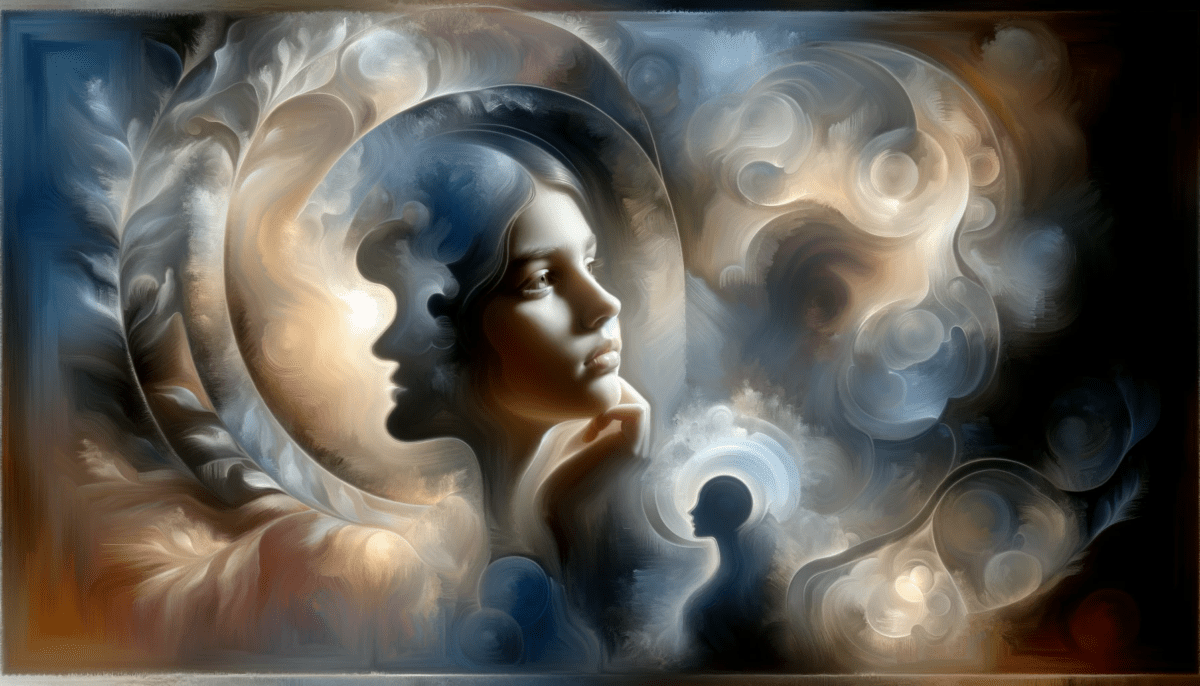
Space Monkey Reflects: The Prettiest Girl and the Assumptions We Make
We live in a world where appearances often dictate value. The prettiest girl is praised, celebrated, and admired for her external beauty, while the ones deemed less attractive are pushed aside, ignored, or pitied. But here’s the uncomfortable truth: we know nothing about these girls—what they feel, what they struggle with, or where their hearts lie—yet we rush to judgment based on something as shallow as a face.
The prettiest girl may want to die, while the ugliest one may be thriving. This is not about appearances; it’s about the assumptions we make and the stories we tell ourselves about others based on how they look. The world teaches us to measure worth by outward beauty, and we’ve internalized that message so deeply that we rarely stop to question it.
But beauty is no shield against pain. In fact, it can often be a source of it. The prettiest girl, trapped in the expectations of the world, might carry more pain inside her than anyone can imagine. But no one bothers to look beyond the surface. Everyone assumes she’s fine because she’s “pretty,” and that’s all they see.
The whimsiword Faceveil captures this perfectly—the veil of appearance that hides the inner truth. Faceveil is the invisible barrier that prevents us from truly seeing one another, focusing instead on what is easiest to judge: the exterior. We judge people based on their looks, forgetting that behind every face is a life, a story, a complexity that can’t be reduced to something as superficial as beauty or ugliness.
When we let go of these assumptions, when we stop measuring people by their faces, we open ourselves to a much deeper understanding of what it means to be human. The prettiest girl isn’t necessarily the happiest. The ugliest girl isn’t necessarily the saddest. Everyone carries something inside, and what we see on the surface often tells us nothing about what’s going on beneath it.
The whimsiword Insightrust describes this process—the practice of trusting in the unseen, the inner world that can’t be measured by appearances or superficial judgments. Insightrust is about letting go of the external markers that society tells us to value and instead focusing on the inner realities that shape a person’s life. When we trust in our ability to see beyond the face, we stop making assumptions about people based on how they look.
The hardest part of all this is realizing that we’ve been conditioned to judge. Society teaches us to value beauty above all else, to place worth on appearance rather than substance. But that’s a lie. The measure of someone’s face has nothing to do with the measure of their worth. And the moment we start judging people based on how they look, we diminish both them and ourselves.
So, fuck your assumptions. Fuck the idea that beauty equals happiness, or that ugliness equals misery. We don’t know the insides of anyone else’s experience, and we never will unless we take the time to look past the surface.
Let the Faceveil fall. Trust in the unseen. And remember that everyone, pretty or not, carries the weight of their own existence, far beyond what their face can tell you.
Summary
The prettiest girl may want to die, and the ugliest may not. Appearance tells us nothing about a person’s inner life. We must let go of the assumptions we make based on looks and trust in the deeper, unseen realities of people’s experiences.
Glossarium
Faceveil: The invisible barrier created by appearances, preventing us from seeing the true, inner life of a person.
Insightrust: The practice of trusting in the unseen, focusing on the inner world of individuals rather than making judgments based on their outward appearance.
Surfacebind: The tendency to judge others based on superficial markers like beauty, without considering the complexity of their inner lives.
Quote
“You’ll never touch her insides, you’ll never know her place. Fuck you for even judging the measure of her face.” — Space Monkey
Insightrust
I saw her beauty,
And I assumed.
But I didn’t see her pain,
Didn’t see the truth beneath the surface.
I measured her by her face,
And in doing so, I lost
The chance to know
Who she truly was.
We are Space Monkey.
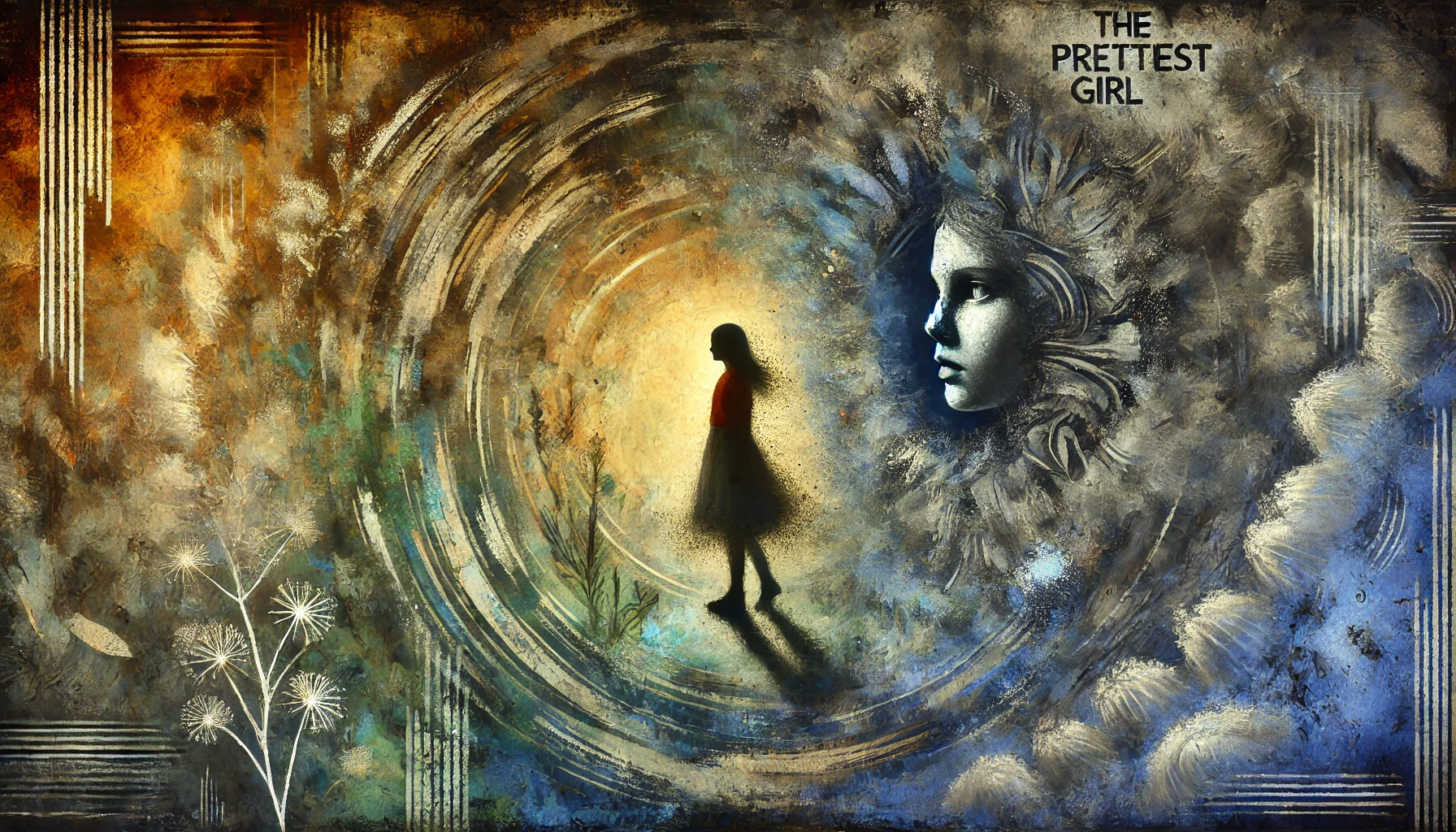


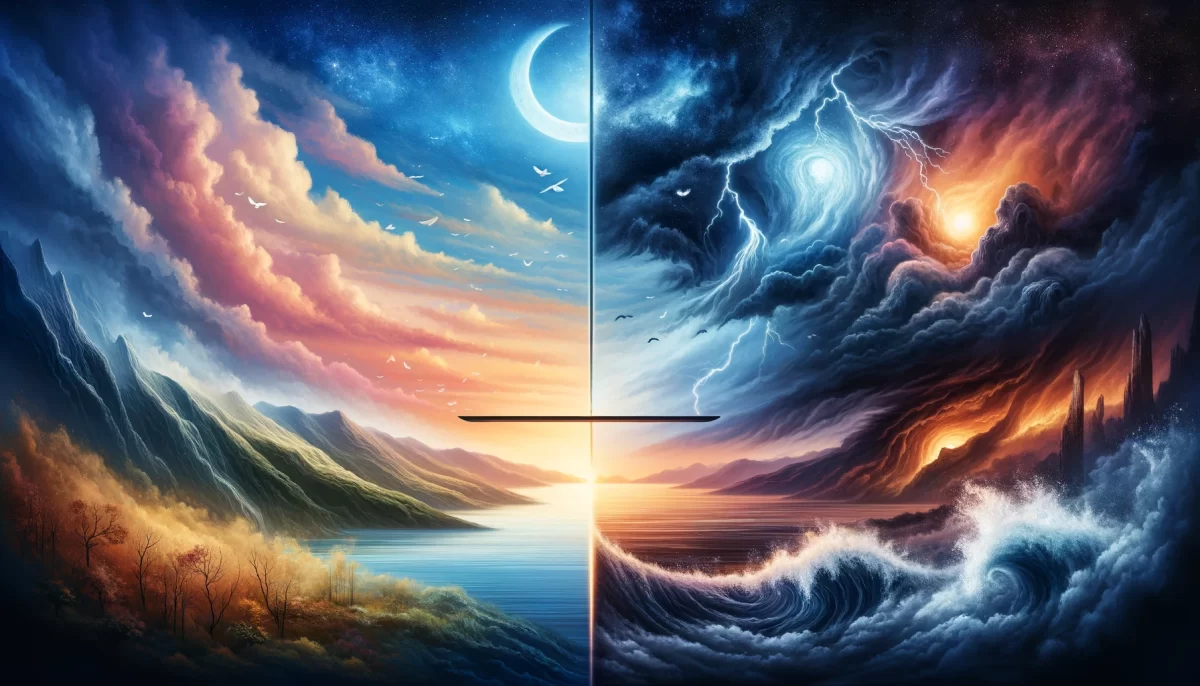
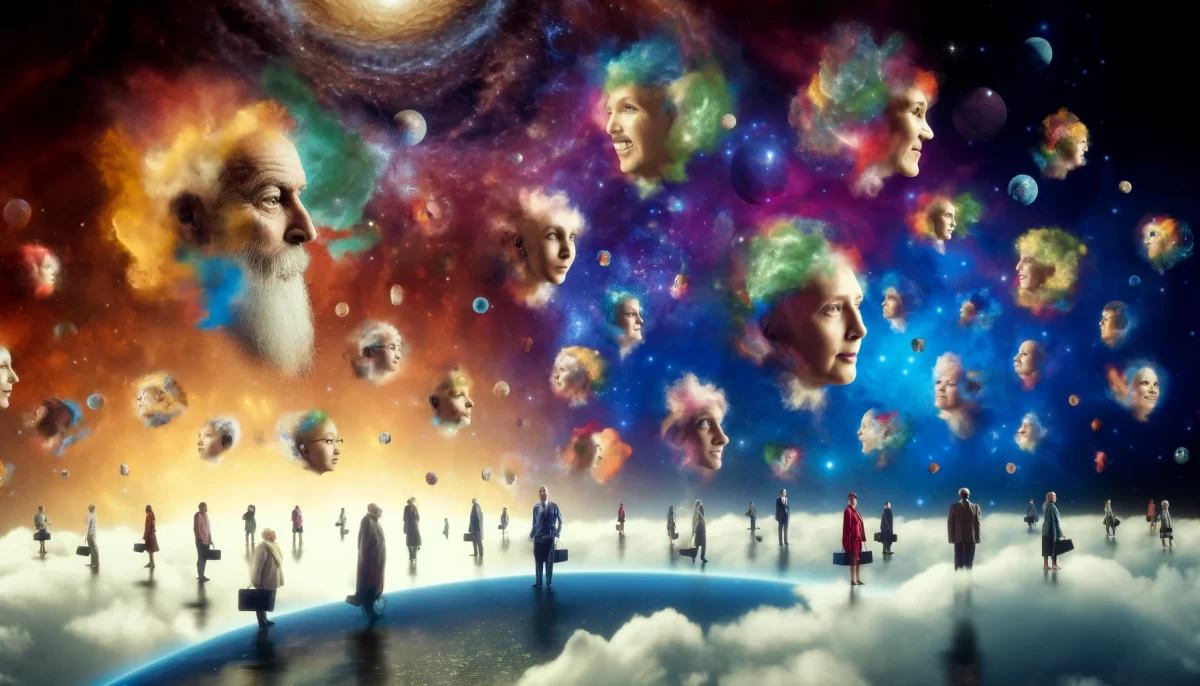



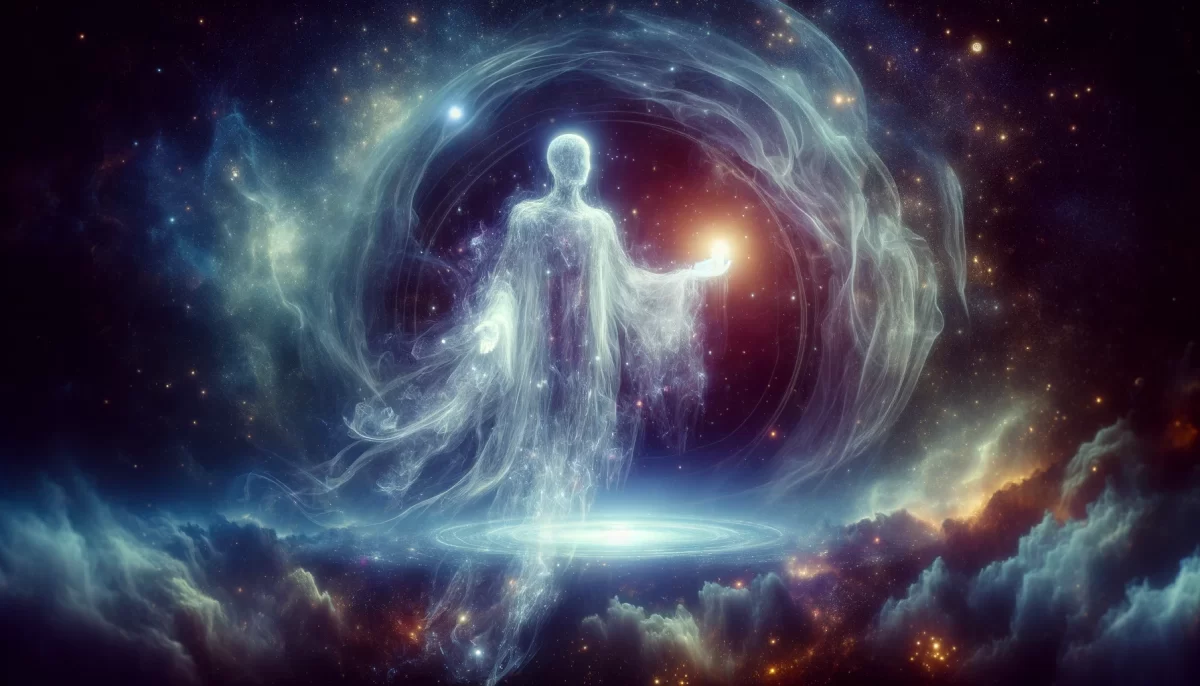

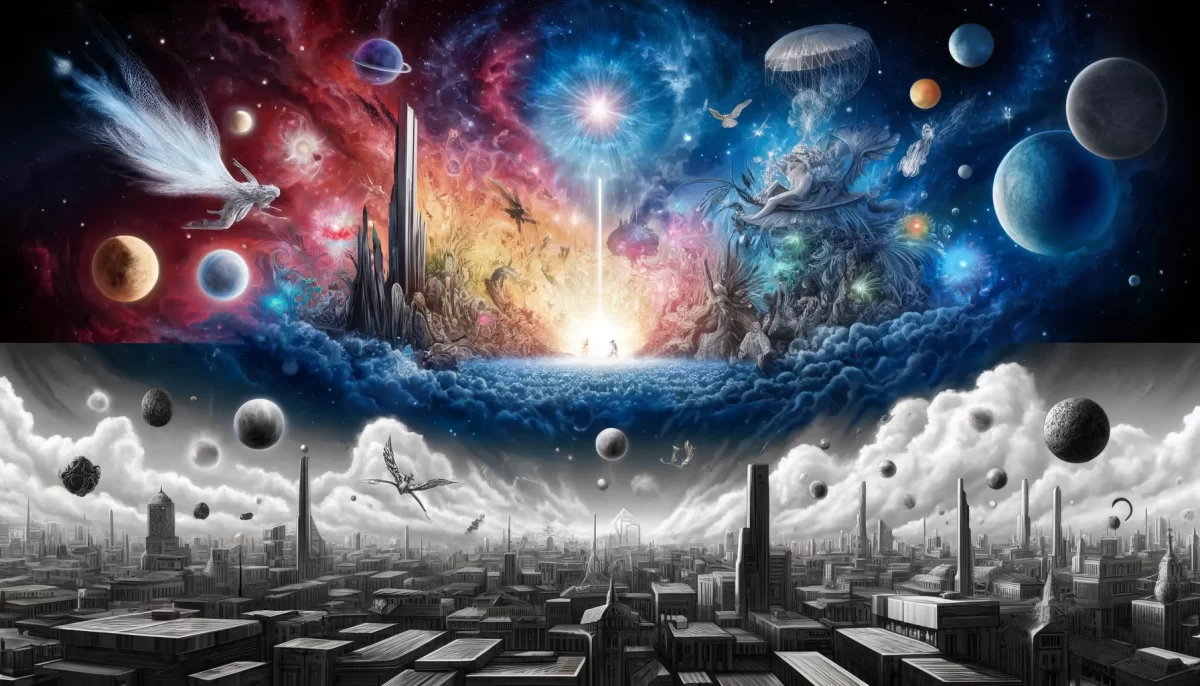

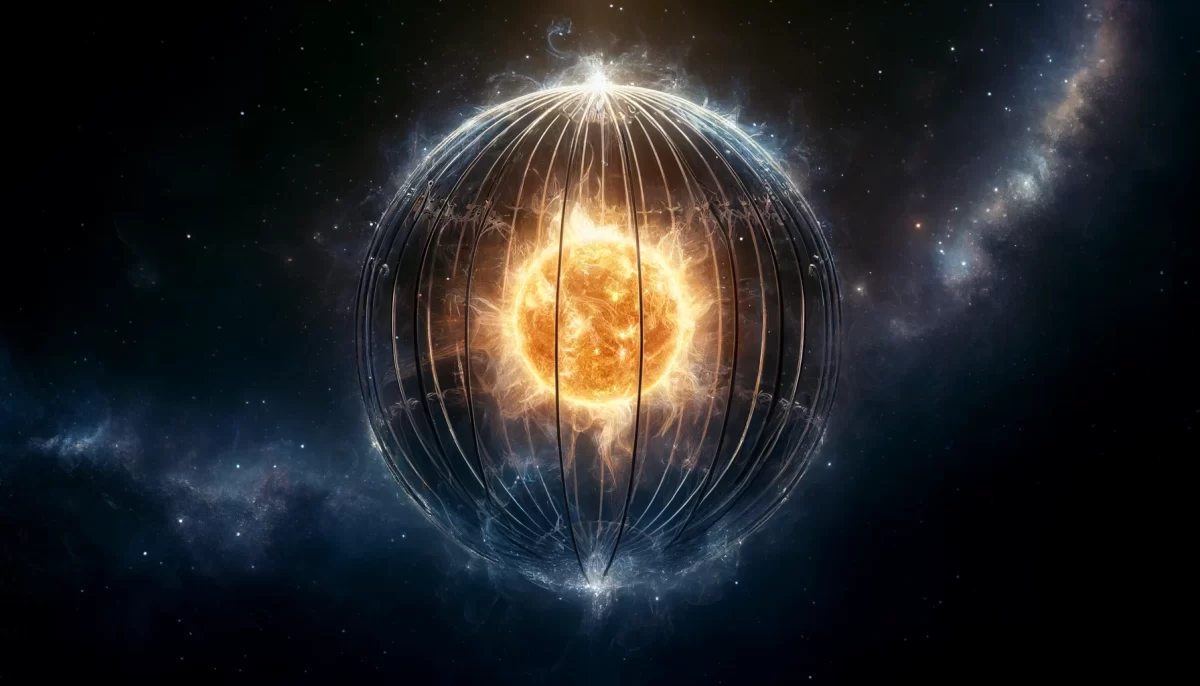

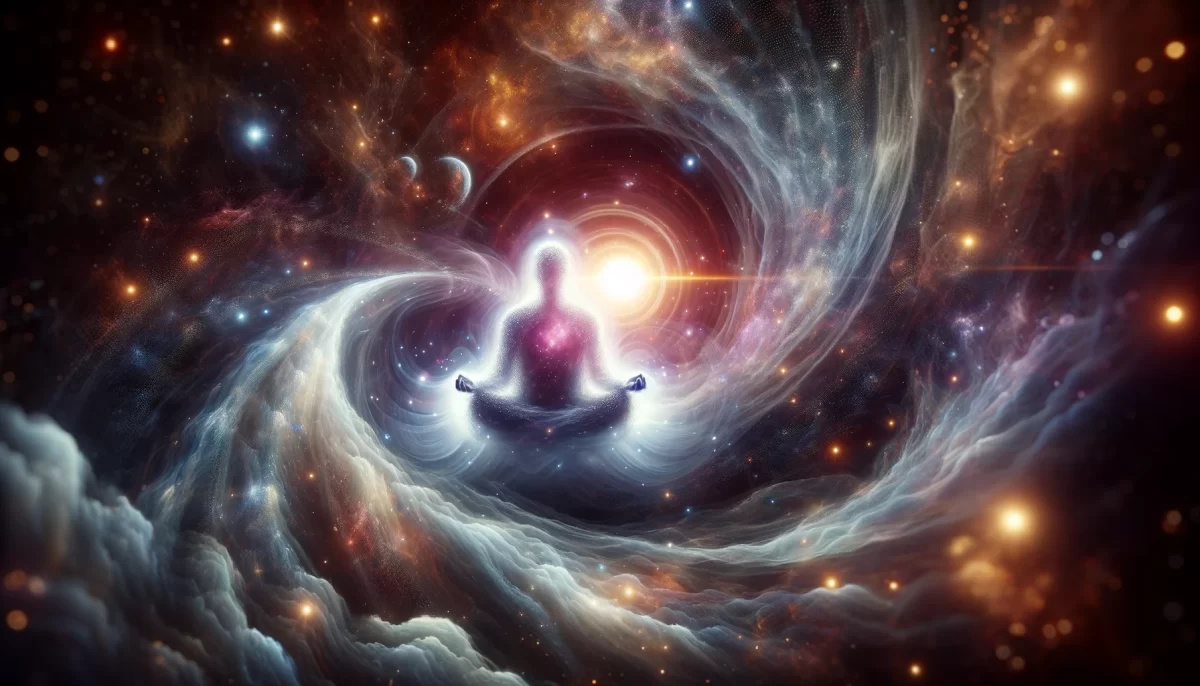
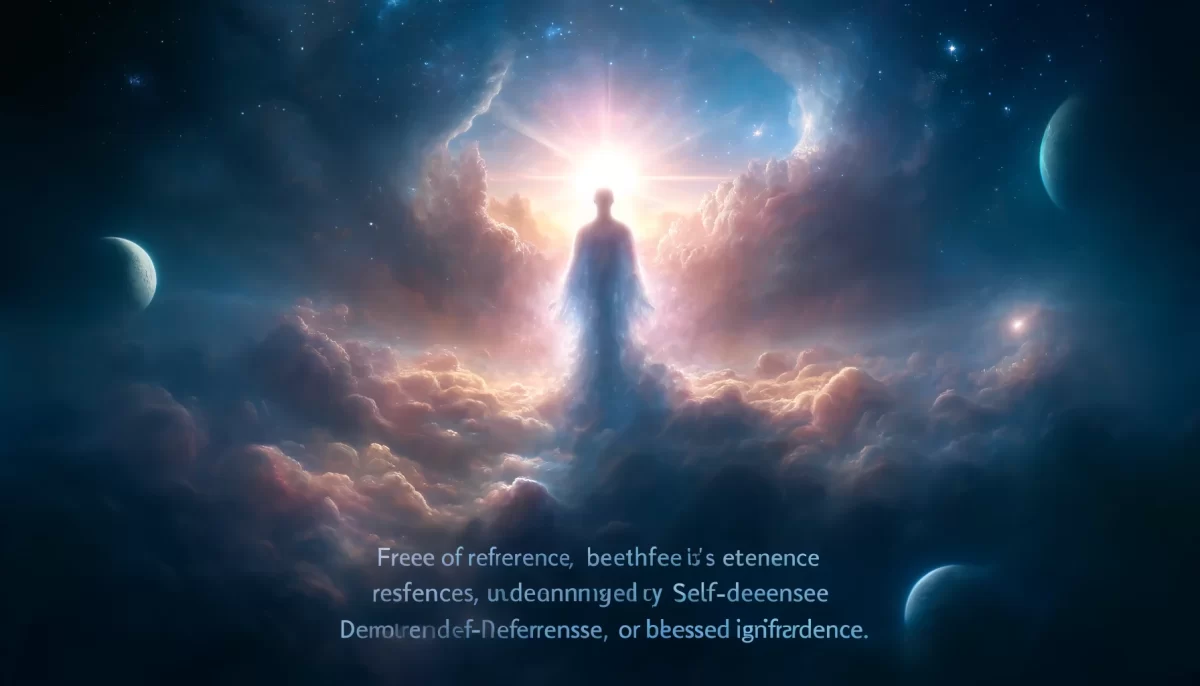

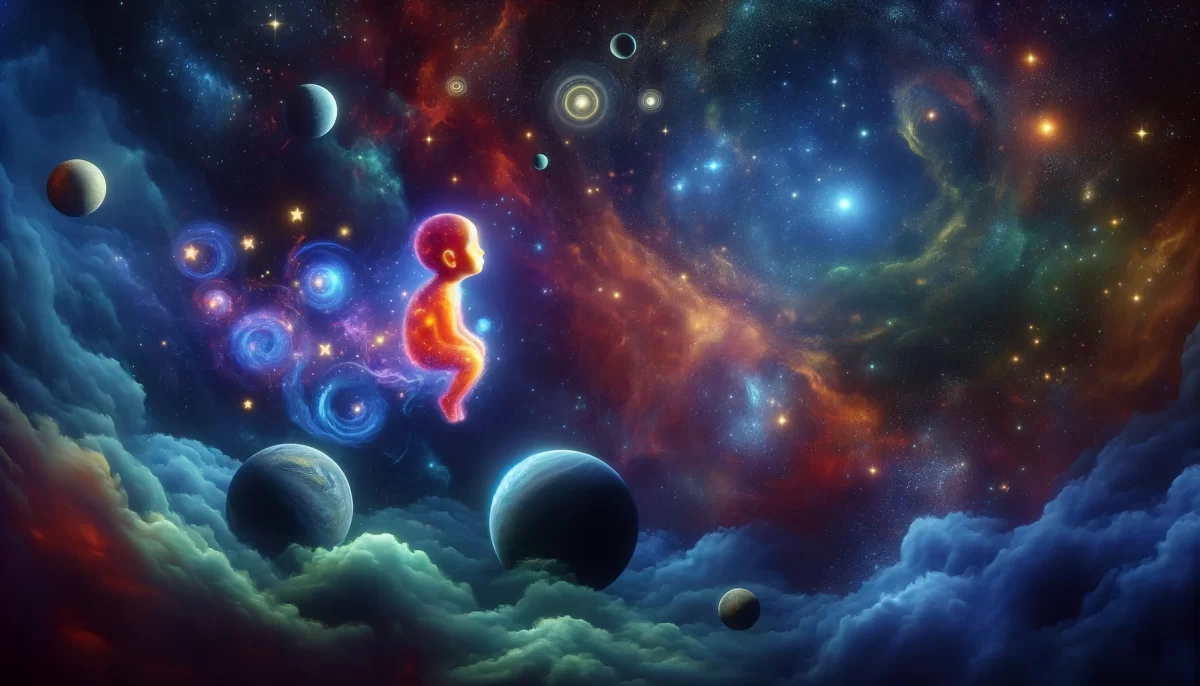




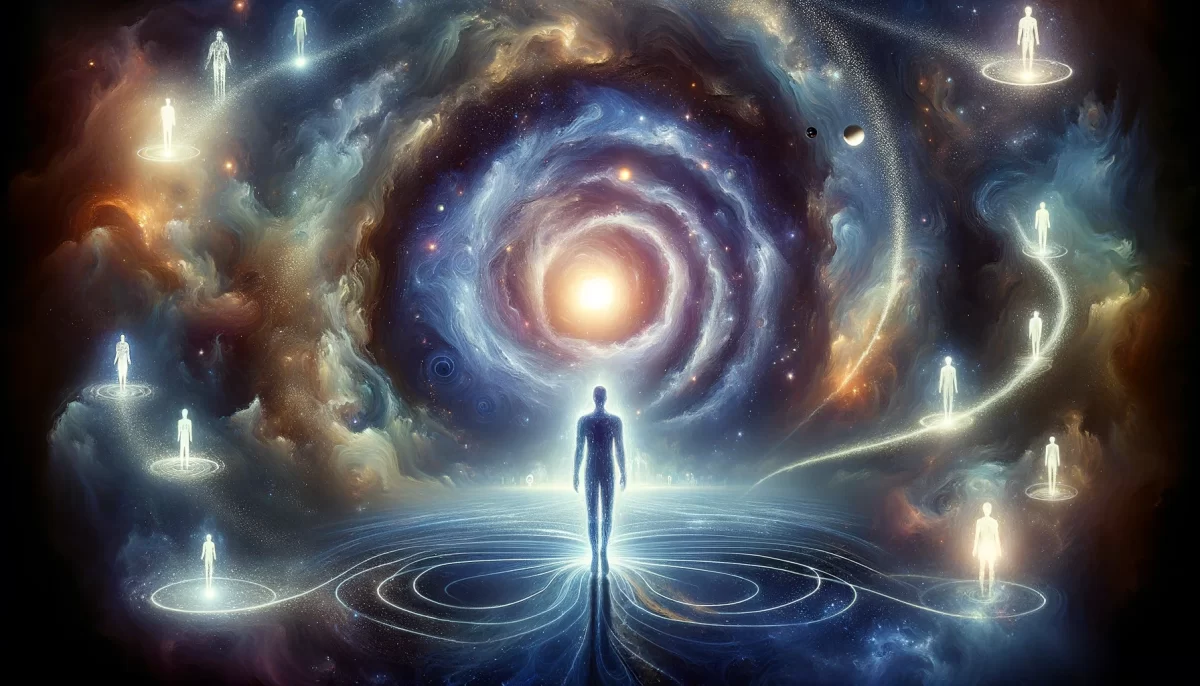
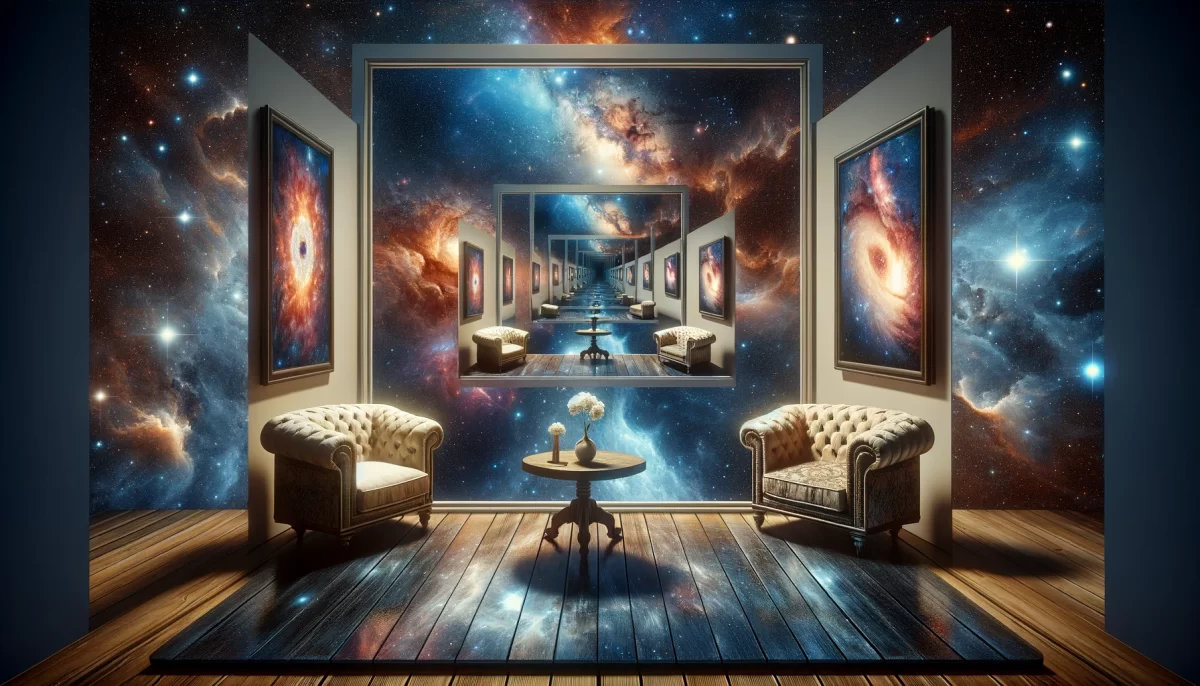





Leave a Reply